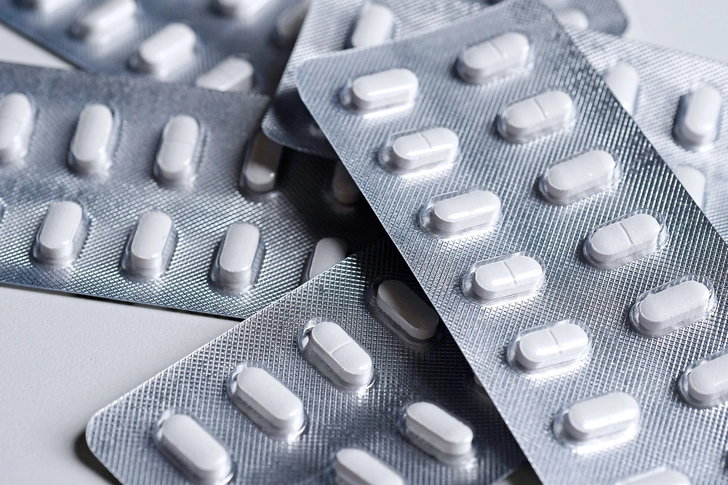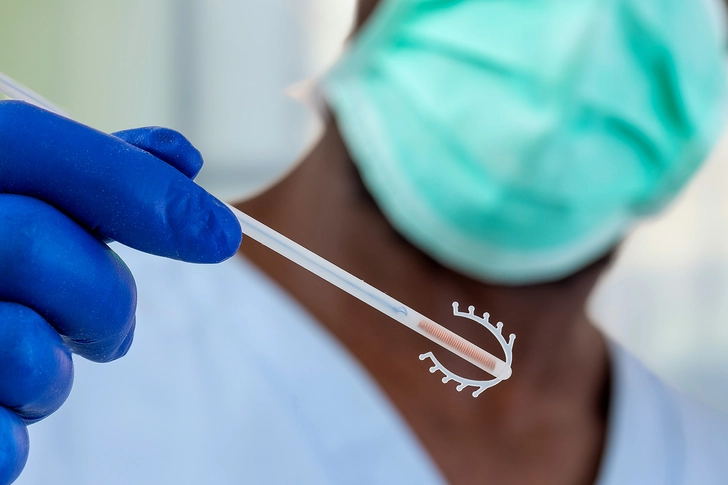Preventing Flares and Maintaining Remission in Lupus


Take Your Medication
Lupus has no cure, but prescription medications can help you prevent lupus flares and maintain remission. Treatment plans vary from one person to the next, but one drug that most people with lupus take is hydroxychloroquine (Plaquenil). It helps control widespread symptoms like fever, joint pain, and rashes.

Don’t Quit Steroids Cold Turkey
You’ll likely take steroids if lupus affects your organs, such as your kidney or lungs. Even if the side effects (including weight gain) make you miserable, don’t just quit the meds cold turkey. That could trigger a flare. Talk to your doctor about a plan to safely taper off these powerful anti-inflammatory drugs.

Control Your Stress
Stress can trigger a lupus flare or worsen your lupus symptoms. You can’t eliminate it from your life, but you can take steps to control it. Medications, therapy, adequate sleep, physical activity, and a healthy diet can get stress in check. Taking time to relax helps a lot, too, so don’t feel guilty about a TV show binge!

Eat Healthy
You may have heard that alfalfa sprouts or garlic are known lupus triggers, but research is limited to back up those claims. The truth is there is no special lupus diet. The cornerstones of healthy eating – fruits and vegetables, whole grains, lean proteins, and healthy fats – apply to you (and most everyone else). This type of “diet” can improve lupus symptoms and lower your risk of other health conditions, like heart disease.

Slather on Sunscreen
Lupus makes a lot of people sensitive to the sun. Ultraviolet (UV) light is the problem: It cause a rash and other lupus symptoms. You don’t need to move underground, but you should make it a daily habit to wear high-SPF sunscreen. (Think SPF 50 or higher.) Put it on even if you don’t plan to be outside much.

Stay Indoors During Peak Sun Hours
You can avoid the worst of the sun’s UV rays by staying indoors from 10 a.m. to 4 p.m. A little planning can ensure you have a good time and not feel “trapped." A few indoor options: Museums, bus tours, retail stores, restaurants, movie theaters, and indoor volunteer opportunities.

Rethink Your Summer Wardrobe
Clothes made for sunny days are typically light and airy. But if you know the sun is a major trigger for your lupus flares, you should wear tightly woven, dark fabrics. They provide better protection from UV light than traditional summer garb. Check out sun-protective clothes, too. These have SPF built in.

Avoid Certain Drugs
People with lupus may have an increased risk of drug allergies, especially to sulfa drugs. Many other medicines can make you more sensitive to the sun. These include certain antibiotics, diuretics, and tranquilizers. To reduce your risk of a drug-induced lupus flare, be sure all your doctors know you have lupus.

Wash Your Hands
Cold and flu season stinks for everyone, but people with lupus have it harder than most. These infections can trigger a flare and prevent remission. Hand washing is a simple way to increase your protection – and it really does help. One study showed that in the general population, it can reduce the risk of respiratory illnesses by 16% to 21%.

Protect Yourself From Injuries
Physical trauma is a trigger for lupus symptoms, and you can reduce your risk of some injuries with commonsense moves. Wear a helmet every time you get on a bicycle. Put on a seatbelt each time you’re in the car. And maybe reconsider that skydiving adventure for your milestone birthday – the landing can be harder on your body than you expect!

Know Your Birth Control Options
Some birth control choices may be safer than others for you. Research shows that estrogen, a sex hormone found in many birth control pills, may play a role in flares. You have plenty of other options to prevent pregnancy – including birth control pills without estrogen, IUDs, and condoms. Emergency contraception is safe, too.
IMAGES PROVIDED BY:
- Dutko / Getty Images
- SDI Productions / Getty Images
- supersizer / Getty Images
- Anna Kurzaeva / Getty Images
- bymuratdeniz / Getty images
- Johner Images / Getty Images
- Iryna Khabliuk / EyeEm / Getty Images
- Priscila Zambotto / Getty Images
- Moyo Studio / Getty Images
- Cavan Images / Getty Images
- BSIP/UIG / Getty Images
SOURCES:
UpToDate: “Patient education: Systemic lupus erythematosus (Beyond the Basics),” “Patient education: Sunburn prevention (Beyond the Basics).”
Lupus Foundation of America: “People in Lupus Remission Can Successfully Discontinue Prednisone When Withdrawal is Gradual,” “Managing stress when you have lupus,” “Eating healthy when you have lupus,”
FDA: “The Sun and Your Medicine.”
CDC: “Water, Sanitation, and Environmentally Related Hygiene (WASH).”
LupusPregnancy.org: “Birth Control and Lupus.”